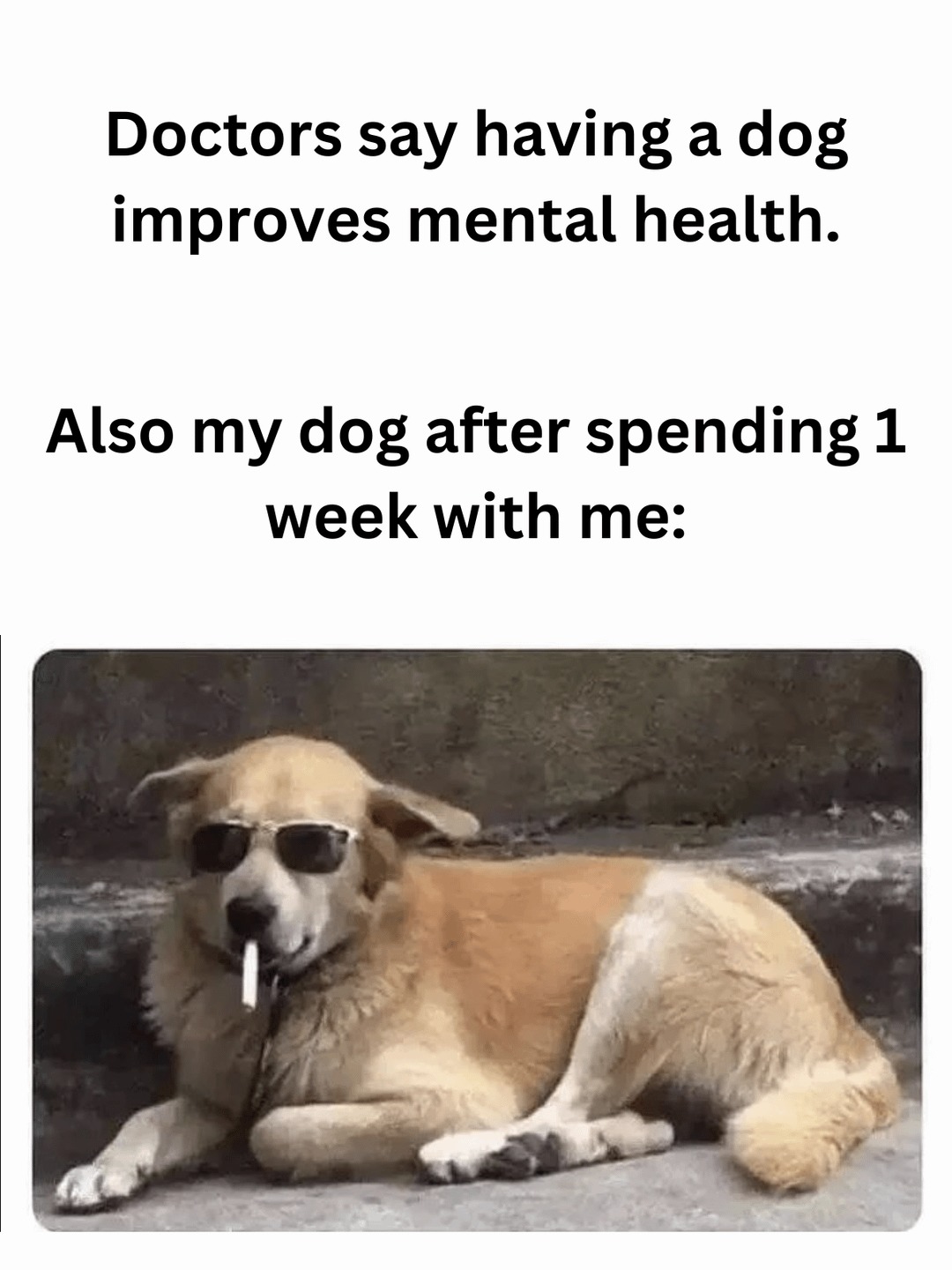Can You Go on Short-Term Disability for Mental Health?
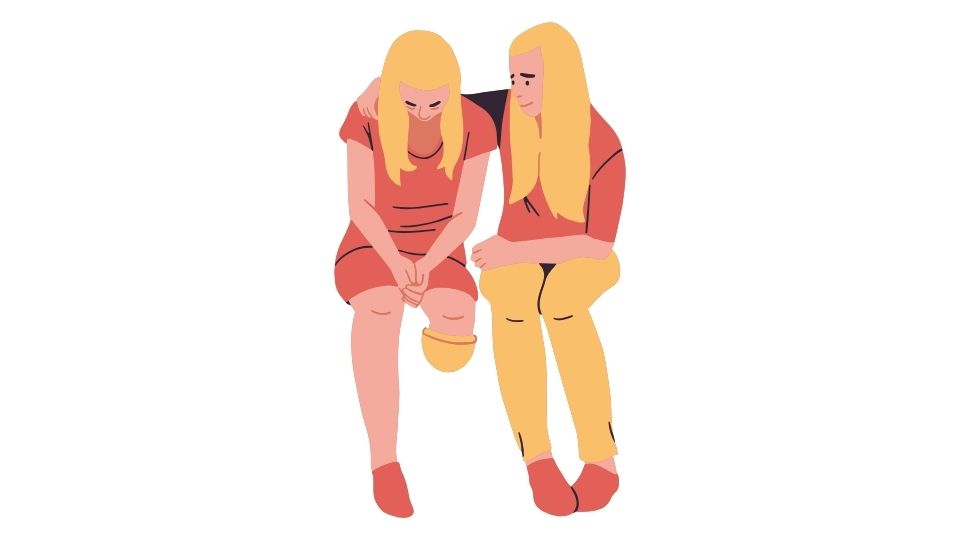
Can your mental health qualify for short-term disability? Absolutely. But like most things in the insurance world, there are rules, requirements, and plenty of paperwork to navigate.
I’ve put together this guide to help you understand if your mental health condition might qualify for short-term disability (STD), what documentation you’ll need, and how to make the process as smooth as possible.
Because let’s face it – when you’re already struggling with mental health, the last thing you need is a complicated bureaucratic nightmare.
Short-Term Disability for Mental Health: What You Need to Know
Short-term disability insurance is designed to replace some of your income when you can’t work due to an illness or injury – and yes, that includes mental health conditions that significantly impact your ability to do your job.
These benefits typically last from a few weeks up to a year, depending on your specific plan. Think of it as a financial bridge while you focus on getting better.
Mental Health Conditions That Usually Qualify
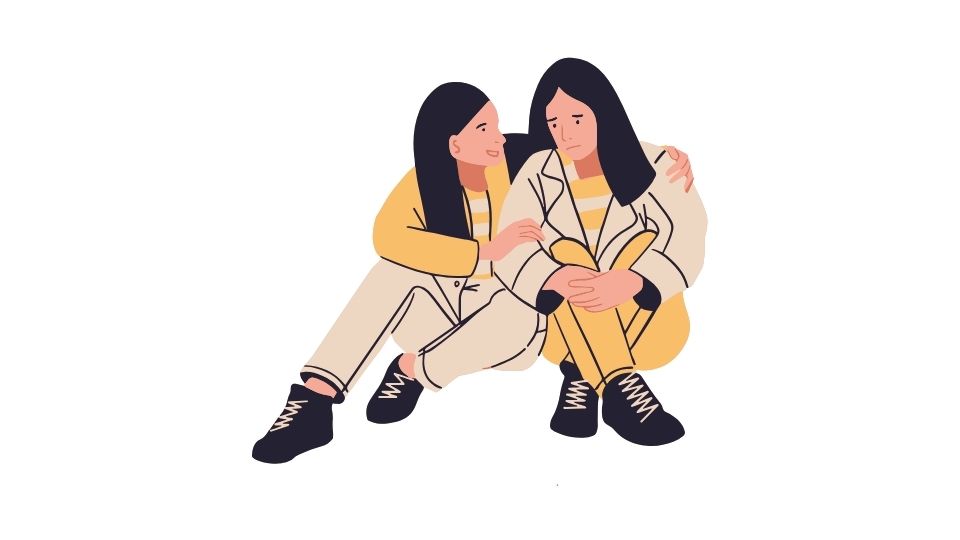
Not all mental health issues will qualify for STD, but many serious conditions do. The most commonly covered conditions include:
- Clinical depression (not just feeling sad, but the can’t-get-out-of-bed kind)
- Anxiety disorders (when worry becomes debilitating)
- PTSD (Post-Traumatic Stress Disorder)
- Bipolar disorder
- Panic disorders
- Schizophrenia
- Eating disorders
Some plans even cover substance abuse issues, though this varies widely by insurer.
The common thread? These conditions must be severe enough to prevent you from performing your essential job functions.
How to Qualify for Mental Health Disability Benefits
First things first – check if your plan covers mental health conditions. Most do these days, but some have specific limitations or exclusions. Your HR department or benefits administrator can help you confirm this.
To qualify, you’ll typically need to:
- Work enough hours to be eligible (most plans have minimum requirements)
- Have coverage before your condition began (pre-existing condition clauses can be tricky)
- Provide medical documentation from licensed professionals
That last point is crucial. You’ll need a mental health professional – like a psychiatrist, psychologist, or therapist – to verify that your condition prevents you from working. This isn’t just a note saying “my patient feels anxious” – it needs to be thorough and specific.
The Paperwork Puzzle
Getting approved for mental health disability typically requires three main documents:
- Your statement (how your condition affects your ability to work)
- Your employer’s statement (describing your job duties)
- Your doctor’s statement (clinical diagnosis and functional limitations)
The doctor’s statement is the most important piece. It should include:
- Your specific diagnosis
- Treatment plan and medications
- How your symptoms impact specific work functions
- Expected duration of disability
Be prepared for your insurer to request additional information or even an independent medical exam. They’re not being difficult (okay, sometimes they are) – they just need to verify your claim.
Common Challenges With Mental Health Disability Claims
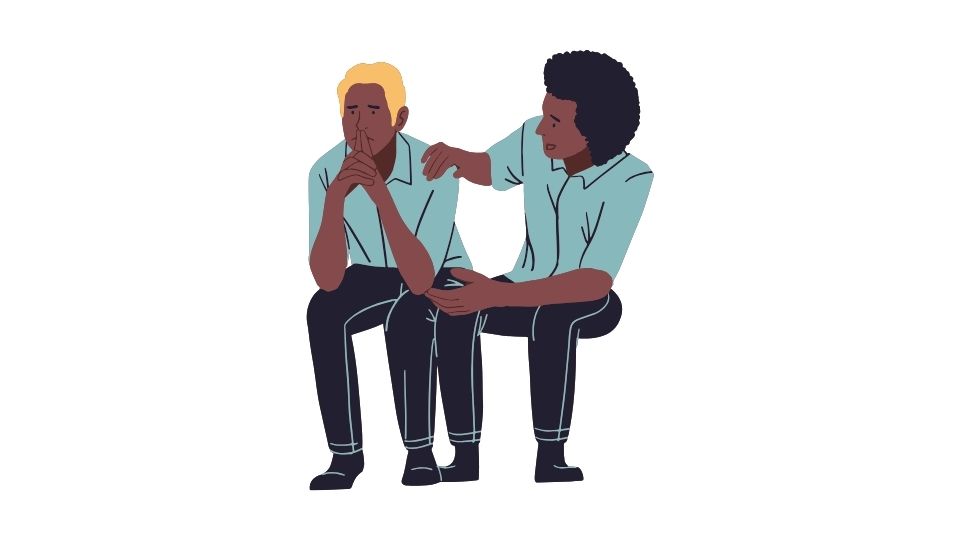
Let’s be real – mental health disability claims can face more scrutiny than physical ones. Why? Because they’re often based on self-reported symptoms rather than objective tests like X-rays or blood work.
Some common roadblocks include:
- Duration limits: Some plans cap mental health benefits at 24 months, even for long-term disability
- Pre-existing condition exclusions: If you were diagnosed before coverage began
- Documentation hurdles: Insurers may request extensive proof beyond what’s typically required for physical conditions
According to the American Psychiatric Association, mental health parity laws have improved coverage requirements, but disparities still exist in how mental and physical health claims are handled.
Tips for a Successful Mental Health Disability Claim
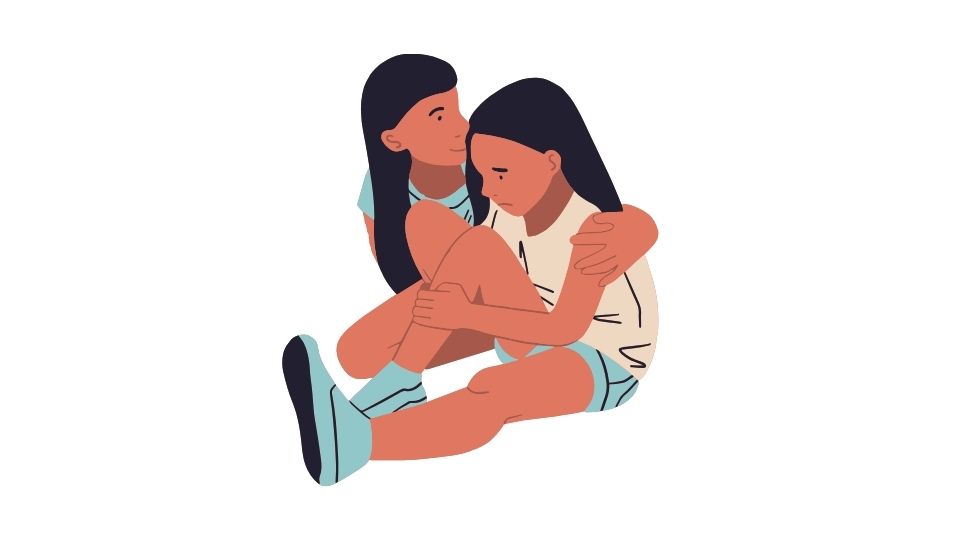
Having helped many people through this process, here are my best tips:
1. Document Everything
- Keep detailed records of all symptoms, treatments, and provider visits
- Save copies of all paperwork and correspondence
- Take notes during phone calls with insurers (date, time, who you spoke with)
2. Get Specific Medical Support
Your doctor needs to clearly explain:
- Why you can’t perform specific job functions
- How long recovery is expected to take
- What treatments you’re undergoing
The Journal of Occupational and Environmental Medicine found that detailed functional assessments significantly improve approval rates for mental health disability claims.
3. Know Your Rights
If your claim is denied, you have the right to appeal. Many claims are approved on appeal with additional documentation.
The National Alliance on Mental Illness offers resources to help navigate insurance challenges for mental health conditions.
What to Expect When Taking Mental Health Leave
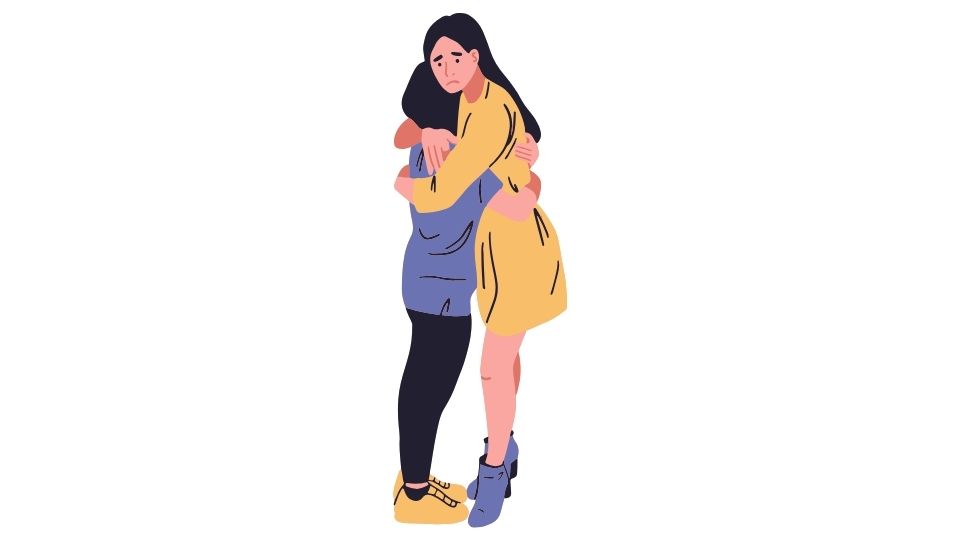
If your STD claim is approved, here’s what typically happens:
- Waiting period: Most plans have a short waiting period (often 7-14 days) before benefits kick in
- Benefit amount: Usually 60-70% of your regular salary
- Duration: Typically 3-6 months, depending on your plan
- Treatment requirements: You’ll need to follow your treatment plan and provide updates
Your job is usually protected during this time through the Family and Medical Leave Act (FMLA), which provides up to 12 weeks of unpaid, job-protected leave. STD benefits can provide income during this time.
The Bottom Line
Mental health conditions can absolutely qualify for short-term disability benefits when they significantly impact your ability to work. The key is proper documentation, following your treatment plan, and understanding your specific insurance coverage.
Remember that taking time off to address your mental health isn’t a weakness – it’s a strength. It shows you’re committed to getting better and returning to work as your best self.
Your mental health matters just as much as your physical health. If you’re struggling, don’t hesitate to explore your disability benefits options while you focus on recovery.

